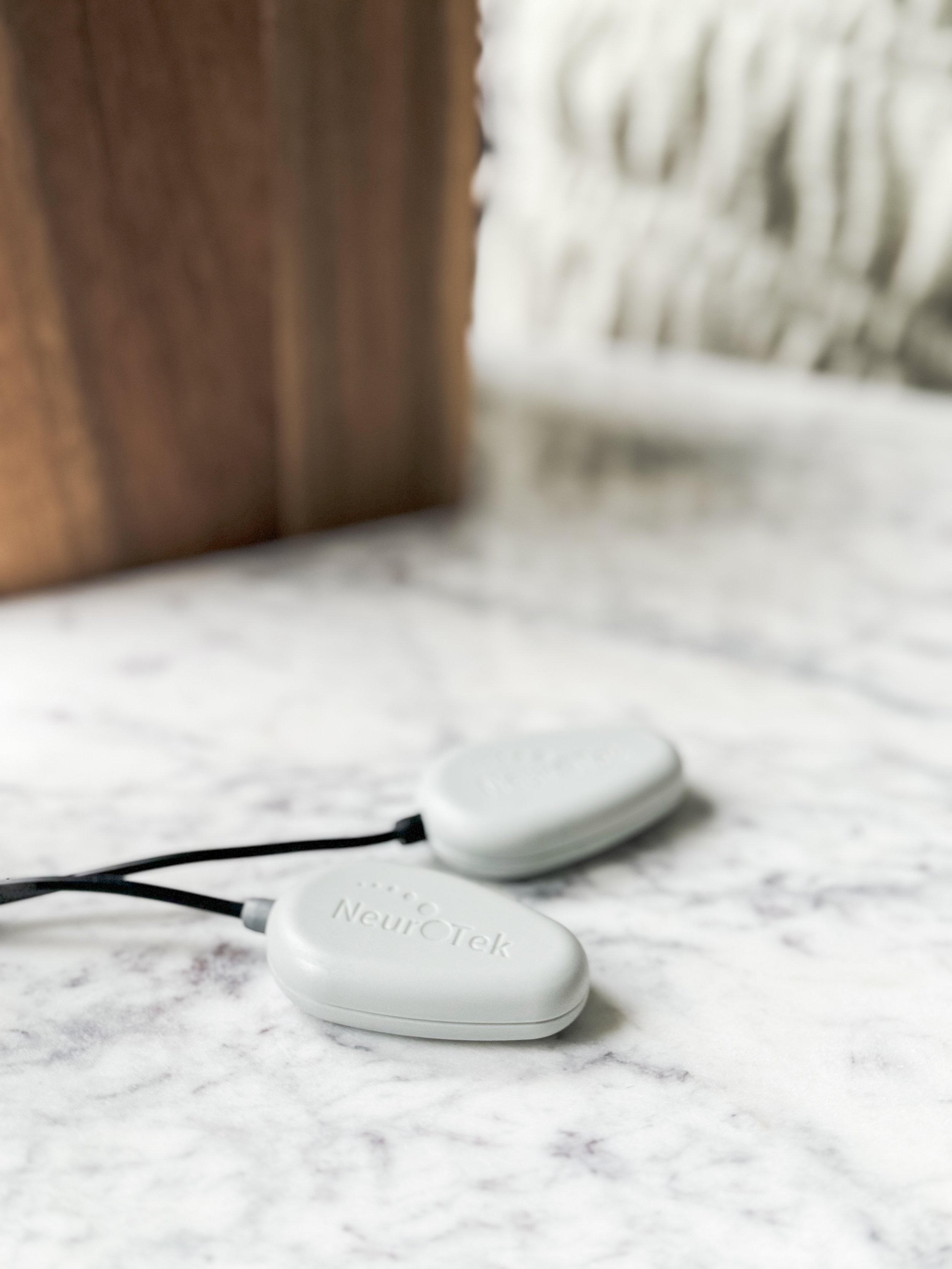Eye movement desensitization and reprocessing (EMDR) is a type of psychotherapy using side-to-side motion (bilateral stimulation) to help clients recover from distressing or traumatic memories. EMDR was originally created with eye movements as the form of bilateral stimulation, but it has been found effective to use other forms including paying attention to sounds or tapping sensations.
When we experience traumatic or distressing experiences, sometimes these memories are not stored properly. Even though a long period of time may have passed, these memories may feel like they happened yesterday. We may still experience the images, sounds, thoughts, feelings, and body sensations that occurred during the distressing memory. We call these memories blocked.
With the help of EMDR, we can activate the brain’s natural healing process to help reprocess these memories and store them correctly. When memories are stored correctly, we no longer experience any disturbances when thinking of the memory. In the process, we also work to strengthen positive self-beliefs associated with these memories. For example, you may have a traumatic memory and an associated negative belief of “I am weak”. Once we reprocess the memory, it is neutral and does not bring up any disturbance, and now you believe “I am strong” instead.
We utilize a number of approaches for bilateral stimulation, focusing on what each client prefers. We offer eye movements with a light bar in addition to auditory and tactile stimulation options.
Anyone that has experienced an upsetting event that they have not been able to recover from can benefit from EMDR. Although EMDR has been used to treat post traumatic stress disorder, it has also been found to be helpful with a number of diagnoses and experiences. These include substance use disorder, personality disorder, anxiety, phobias, body dysmorphia, physical abuse, sexual abuse, grief, stress, panic attacks, and more.
There are 8 phases to EMDR and the bilateral stimulation only occurs in phases 4-6. Although that is not important to memorize, it is important you understand there is a lot of history-taking, preparation, and planning that goes in to this type of therapy. Because you are being asked to focus on distressing memories while following the bilateral stimulation, we want to make sure you have the resources to be able to cope with these distressing memories both in session and in-between sessions. The goal of the preparation phase is to make you feel as comfortable as possible with the techniques and coping skills we teach.
After the preparation and planning, we move on to the bilateral stimulation. You will be asked to focus on the worst image of the event, a negative belief about yourself, and any bodily sensations. EMDR is a passive form of therapy, meaning that once the bilateral stimulation starts, you let your mind go wherever it needs to go. There is no right or wrong way to experience this natural healing process. We will then check in every 15-30 seconds.
One great thing about EMDR is it does not require you to verbally explain every detail of your distressing memory or what you are currently experiencing to the therapist if you do not feel comfortable. Giving simple one-word answers can be sufficient as your own brain is doing the processing. You are fully in control during bilateral stimulation and can stop whenever you need to.
Once we have desensitized the memory and you feel neutral when recalling that memory, we move on to the installation phase. We identify a positive belief you would rather believe about yourself and then use bilateral stimulation to help cement that belief. We then move on to body sensations and clear out any uncomfortable sensations you may be experiencing. Finally, we close the session with grounding techniques and coping skills to help you feel regulated and present in the moment.







